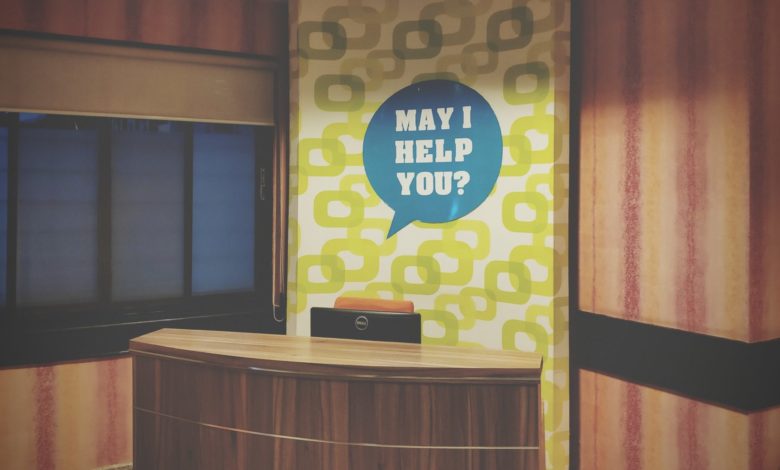
The day starts with a debrief on the evening before from the night staff; anyone that has worked as a front-desk manager knows that information flow is the key to being able to get the job done well. The front desk manager then has to check in with bell manager and housekeeping to make sure everyone is briefed on the key events of the day, including VIPs arriving, any particular food and beverage requests, and coordinating blocks of rooms for groups travelling together. All of this is before the day officially starts at 9am.
The information transfer doesn’t stop there; the next job on the list is to call outgoing guests and check they are on track for their departure times and to call around people expected to arrive the next day. When the information is received, it is distributed to the teams so that room allocation and housekeeping priorities can be aligned.
Having the knowledge of who needs what and what will be ready when, and having the ability to make any quick changes necessary, are essential to a front-desk managers’ ability to do the job well.
Donika Hoxhaj, front office manager at multiple New York hotels, says: “As front-desk managers, we’re the first physical interaction with visitors, so it’s essential we use all the tools we can to deliver exceptional customer service. If we need to walk the floors ourselves, it’s what we do because we know how important it is for the guest experience to be managed correctly.”
As with any job in the fast-moving hospitality environment, there will be hurdles to address. For example, a VIP guest turning up unexpectedly early with an entourage of children, straight from a flight and desperate to check into their usual room. The problem is that housekeeping was not scheduled to prioritise that room, so it hasn’t been rearranged since the previous guests and housekeeping is unsure of how long it will take to clean. Alternatively, the room has been cleaned, but because the hotel still uses pen and paper to manage scheduling, the front desk is not aware it is available yet.
For premium hotels in particular, time and insight are of the essence in this situation. Having the capability to redirect the housekeeping staff to urgently attend to the room is the priority, and to receive an accurate estimate on how long it will take to clean will directly impact the ability of the front desk to keep that guest happy. The more dissatisfied guests are, the more it will cost the hotel in F&B and room compensation, or worse still, their hard-earned reputation.
Given the multicultural nature of staff in hospitality, language barriers can also present a challenge. Quick and effective communication, as well as speed of response, are critical in ensuring that the right instructions are relayed. That way, accurate expectations can be set for guests. Translation features are important for teams to work well together. It is also not always clear to different departments what each team does and the pressures that influence their day, so taking time to deliberately address this issue so that the front-desk manager and the housekeeping department are able to step into each other’s shoes has a big impact on effective collaboration between the teams.
Technology that streamlines the way communications and information is transferred between the front and back of operations is needed in the slick running of a hotel. It is also important for the front desk to be able to swiftly hand over instructions that relate to guests or problems that need addressing and for them to be able to track when they have been dealt with. Having transparency like this removes the ‘blame game’ as all sides can see what is needed, when it was requested and when it was delivered.
Jan Schwarzer, the front office manager from Penta Hotels in Warrington, says: “Our front desk now has full visibility over the activities of the housekeeping staff, which allows them to prioritise room cleaning and contact housekeepers that are available to get rush jobs turned around immediately.
“I was initially sceptical about rolling out new technology, but I’ve been shocked by how easy to use and effective it has been. Not only do guests receive an enhanced experience, but the relationship between the front and back of operations has improved significantly as communication is simpler and expectations can be set more accurately and clearly.”
As front desk managers start each day and think about reaching their guest satisfaction KPIs, they know that knowledge, efficiency and working as one team across the hotel are central to being able to reach their goals. Any hotel operations leader or general manager that discounts how critical back and front office communication and sense of team is, will ultimately result in the guest experience being diminished in some (or many) ways.
And as travel continues to rebound and visitor numbers are increasing across the world, every day will bring new puzzles to solve for the front desk managers, particularly in these times of recruitment challenges and skeleton staff. Having the right tools so that internal teams can work better together to streamline operations will allow the front desk to consistently meet or exceed customer expectations. This ultimately improves job satisfaction as the united team is delivered the ability to knock it out of the park every time for the guests.









